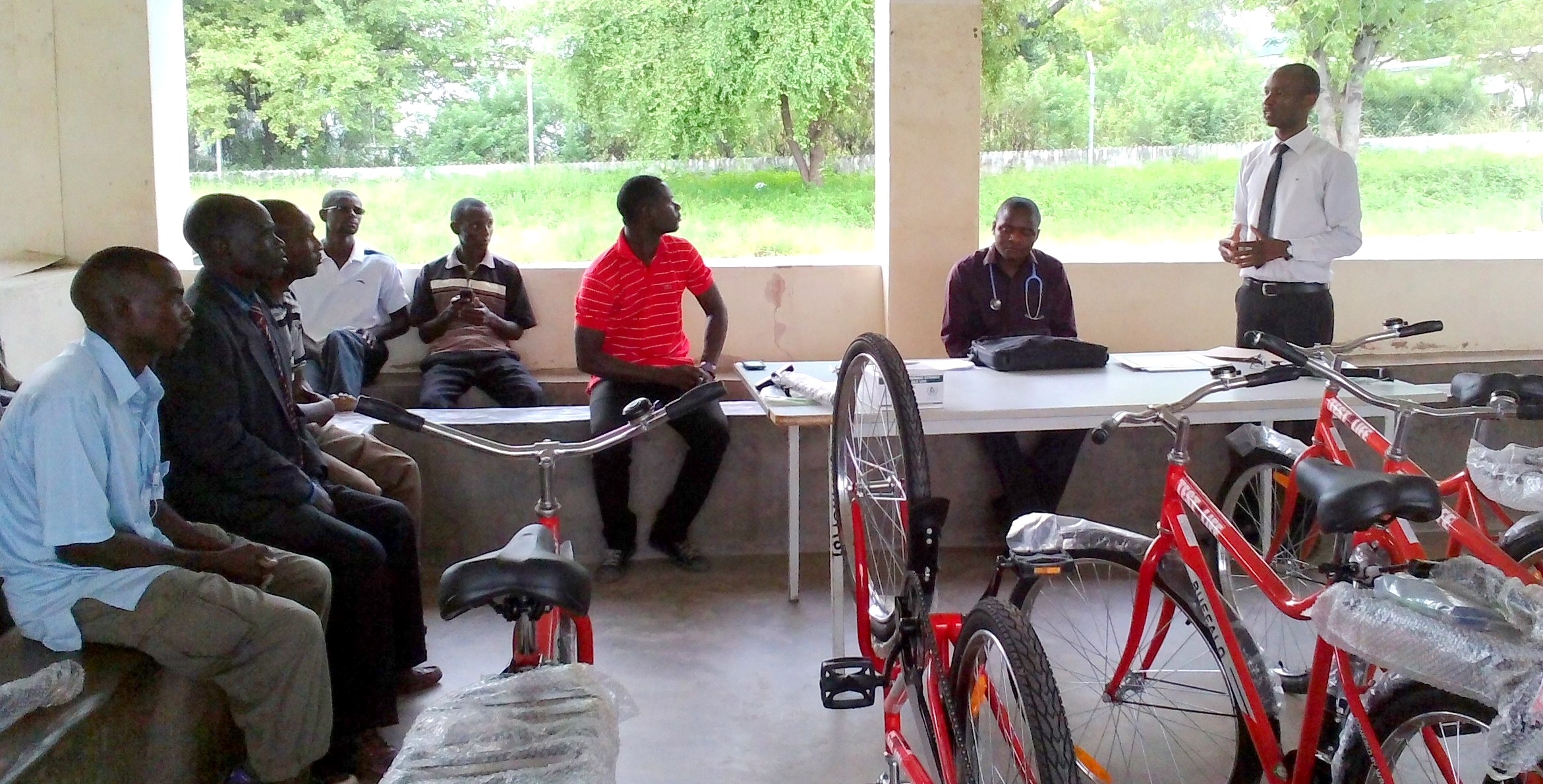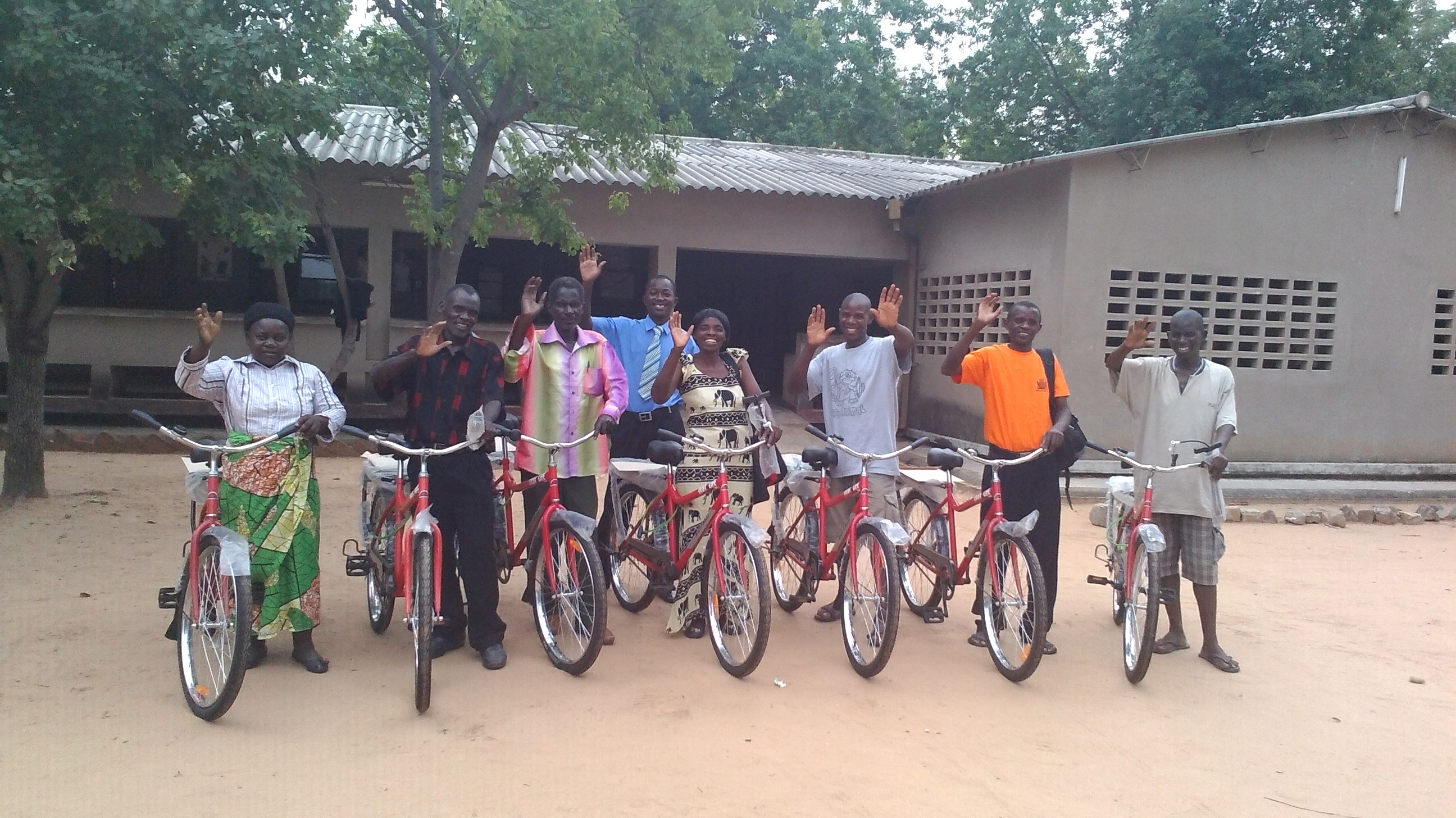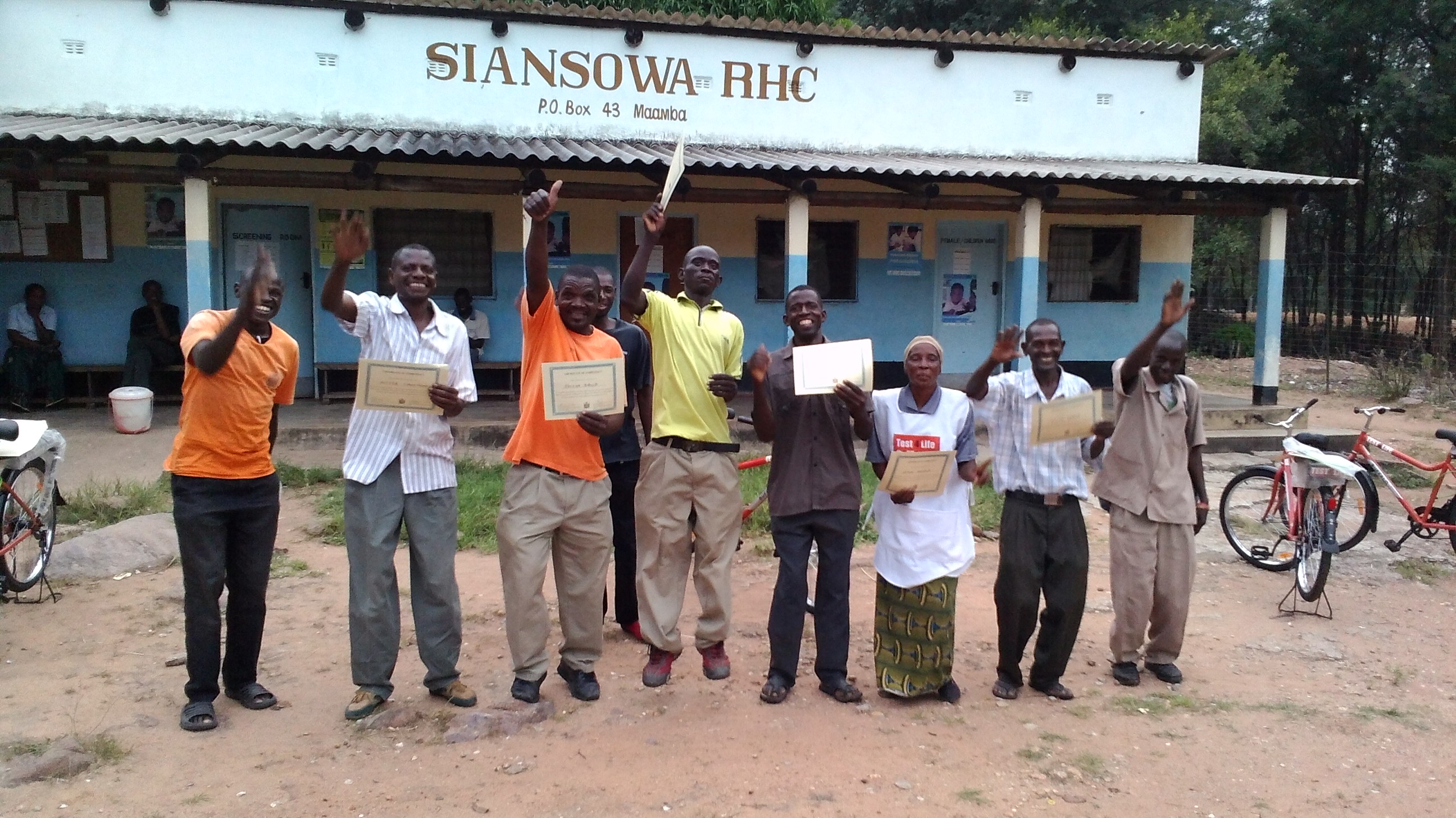Malaria continues to be the most serious mosquito-borne disease in the world today with the greatest burden occurring across sub-Saharan Africa. In this region alone, it is estimated that more than 250 million cases are recorded and nearly one million deaths each year (Kelly-Hope and Mckenzie, 2009). In Zambia, the burden of malaria was estimated at close to 4.5 million clinical cases and more than 7,737 deaths in 2011 (Ministry of Health, 2012). This year’s World Malaria Day with the theme, Invest in the future: Defeat malaria, reflects the highly ambitious goals and targets set out in a draft post-2015 strategy.
Among the key interventions of controlling malaria is the prompt and effective treatment with artemisinin-based combination therapies (ACT). So strong is this commitment that according to the current malaria control strategy, Zambia aims to treat 85% of patients within 24 hours of symptom onset (Ministry of Health, 2012). But how can this be achieved, particularly in the vast rural areas where malaria prevalent rates (by microscopy patterns) continue to be as high as 14% among children under the age of five? Take for example, Chinini village in Sinazongwe, Southern province. The nearest health facility to this village is Siansowa Rural Health Centre, more than 24km (14.9 miles) away with a road mostly on rugged terrain. Further, the Siansowa Rural Health Centre is manned by a single nurse and one Environmental Health Officer. Another example is Kalimbize which is 25km (15.5 miles) away from Kafwambila Rural Health Centre. Kafwambila itself is over 150km (93.2 miles) away from the main town of Sinazongwe.
One way that the Ministry of Health and its partner, Malaria Control and Elimination Partnerships in Africa (MACEPA) at PATH are investing in the future is by empowering trained community health workers (CHWs) with bicycles. These volunteers are at the frontlines of combating malaria, often travelling many kilometers each day to reach people in rural areas who otherwise might not be able to access basic health services. Below, I share pictures of the joyous experiences of CHWs receiving bicycles meant for fighting malaria in Sinazongwe, Southern province of Zambia.
A Noble Line of Work

During the bicycle distribution, we continued to receive support from the Ministry of Health (MoH) and the Ministry of Community Development and Mother and Child Health (MCDMCH). Dr. Brian Ng’andwe, the Sinazongwe District Community and Medical Officer (DCMO) took time off to accompany us and address the recipients. Throughout the bicycle distribution (and certificate giving ceremony) in the various catchment areas or zones of Sinazongwe, Dr. Ng’andwe emphasized one key message, “The line of work you have chosen is noble.”
He assured the volunteers that their every effort to serve the community was appreciated, not only by the district health office, but importantly, by the communities they serve. He highlighted that the fight towards malaria elimination could not be achieved without their support and commitment. “The number of cases for malaria has significantly reduced because people no longer come to the hospital to seek treatment; they come to you or you go to them. You are bridging a big gap. . . You are helping many people. Thank you”. He encouraged all to put the bicycles to their intended use i.e. the prompt and effective treatment of malaria.
We can say “bye” to malaria

Is malaria elimination really possible? In the absence of a vaccine, perhaps not just yet. However, we need to continue doing all we can to drive towards that destination. One of my favorite quotes is from Duncan Earle, MACEPA director in Africa: “We should continue to use the shot-gun approach; cover everybody with everything”. Covering everybody with everything includes effective vector control strategies, insecticide- treated bed nets (ITNs), indoor residual spraying (IRS), early diagnosis and early treatment. Effective case management in many rural areas relies heavily on healthcare workers going door-to-door, visiting every single household to help drive malaria out of a community. The bicycles are critical to helping them ensure that they are able to bring healthcare services even to those furthest away and in a relatively shorter period.
Certified!

In order to roll out the large scale malaria test and treat campaign, Malaria Control and Elimination Partnership in Africa (MACEPA) teamed up with the Ministry of Health to train a formidable number of Community Health Workers in rapid diagnostic testing using the Rapid Diagnostic Test (RDT) test kit. They also were trained to follow up with treatment of positive cases with artemisinin-based combination therapies (ACT), namely Coartem. To be certified competent, one had to not only attend the five day training but also had to complete a clinical attachment at the nearest health centre were these skills were demonstrated and assessed by a trained health worker, e.g. nurse. By the beginning of 2015, many had qualified and earned their certificates of competency. As shown above, the occasion was marked by lots of joy. “It is a motivation . . . an honor to be recognized in this manner by the Ministry of Health and its partner MACEPA. We feel appreciated,” mentioned Joyce Siyamangamo, a community health volunteer from Gwembe Valley Development Centre (GVDC) in Sinazongwe.
In the absence of a vaccine, it is important that we remain committed and persistent in the fight against malaria and other mosquito borne diseases. And as Duncan would say, “use the shot-gun approach, cover everybody with everything.” One worthwhile investment for the future, as has been shown in Sinazongwe, is the use of bicycles to combat malaria.
